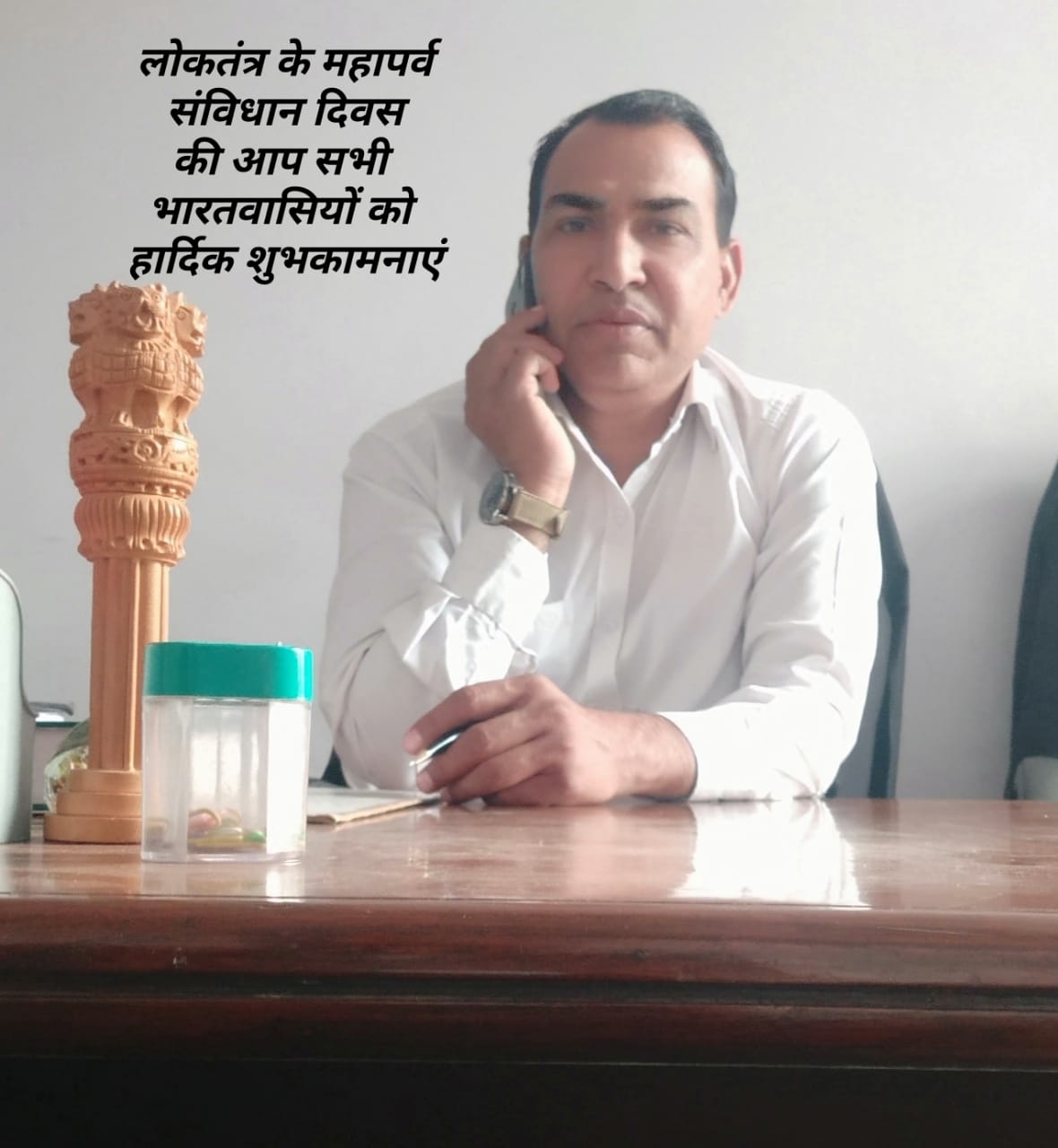Answer By law4u team
Bharatiya Nagarik Suraksha Sanhita, 2023 - Section 255: Acquittal
If, after taking the evidence for the prosecution, examining the accused and hearing the prosecution and the defence on the point, the Judge considers that there is no evidence that the accused committed the offence, the Judge shall record an order of acquittal.
Brief Detail
Section 255 of the Bharatiya Nagarik Suraksha Sanhita, 2023, outlines the procedure for acquitting an accused individual. It states that if, after reviewing the evidence and arguments from both the prosecution and the defense, the Judge finds insufficient evidence to support the charge, an order of acquittal must be recorded.
Question & Answers
Q1: What happens after the Judge examines the evidence and the accused?
A1: If the Judge finds no evidence that the accused committed the offence, they shall record an order of acquittal.
Q2: What must the Judge consider before making an acquittal order?
A2: The Judge must consider the evidence presented, examine the accused, and hear arguments from both the prosecution and the defense.
Q3: What is the outcome if there is insufficient evidence against the accused?
A3: The Judge will record an order of acquittal.
Example
- Evidence Presentation: The prosecution presents its evidence against the accused.
- Defense Argument: The defense presents arguments challenging the prosecution's evidence.
- Judge's Consideration: After evaluating both sides, the Judge finds no compelling evidence against the accused.
- Acquittal Order: The Judge then records an order of acquittal, indicating the accused is not guilty of the charges.
Summary
Section 255 establishes that a Judge must acquit an accused if, after considering all evidence and hearing both parties, there is no evidence of wrongdoing. This ensures the protection of individuals from wrongful conviction when insufficient evidence is presented.







